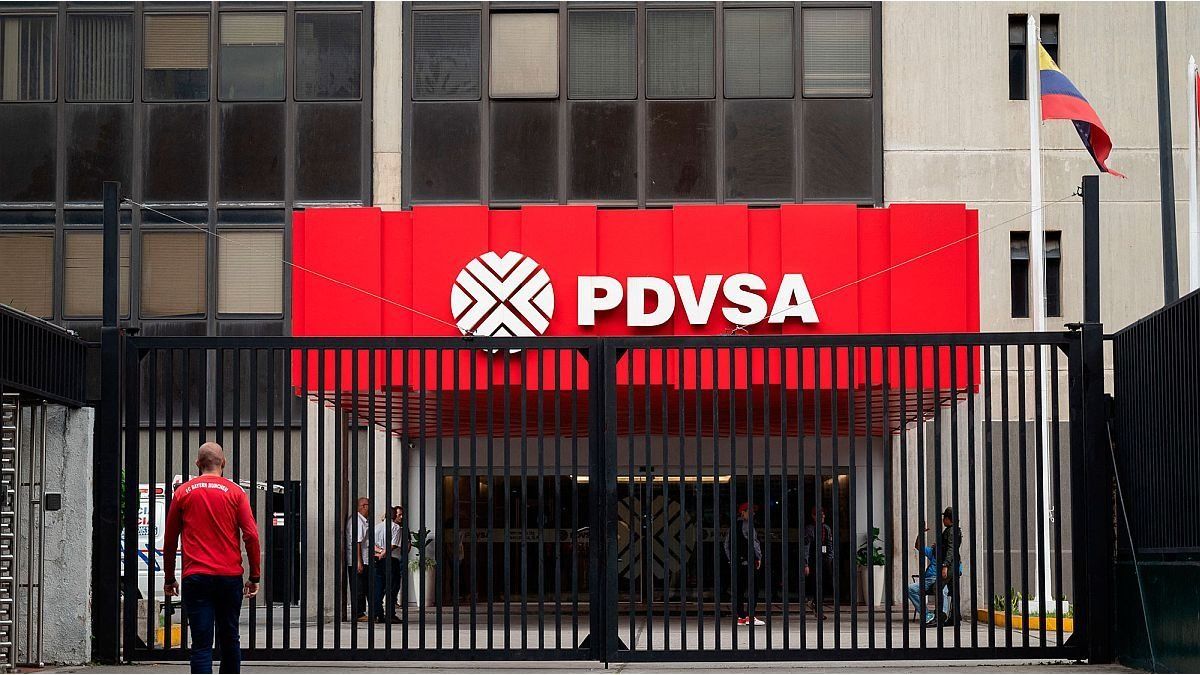The Venezuelan state oil company, PDVSA, is preparing for increase transactions with digital currency to collect its crude oil and fuel exports, at a time when the United States is preparing to reimpose sanctions on the countrysaid three sources with knowledge of the matter.
The U.S. Treasury Department last week gave PDVSA customers and suppliers until May 31 to close transactions under a general license that was not renewed.
The measure will make it more difficult for the country to continue recovering oil production and exports, since companies will have to wait for individual authorizations from the United States to do business in Venezuela.
Since last year, PDVSA had been slowly migrating a portion of its oil sales to the USDT, a digital currency also known as Tether whose value is linked to the dollar, designed to maintain a stable value. The proximity of oil sanctions is accelerating the change.
By the end of the first quarter, PDVSA had moved many of its oil deals from spot, excluding swaps, to a contract model that requires advance payment of half the value of each cargo in USDT.
The company is now asking customers and merchants to increase that percentage to prevent their sales charges from being frozen in foreign bank accounts due to sanctions, the sources said.
PDVSA is also requiring new customers who apply to register in its database to prove they have funds in a digital wallet. The requirement has even been applied to some old contracts that did not specifically provide for the use of USDT, one source said.
“We have different currencies (…) we are doing whatever is in the contract,” Pedro Tellechea, Minister of Petroleum, told Reuters last week, adding that in some contracts digital currencies could be preferred as a payment method. .
The dollar is the preferred currency for transactions in the global oil market. Although they are emerging in some countries, payments in cryptocurrency are not frequent.
“Each contract has a particularity. It may be possible,” the official responded to a question about the use of that currency.
Last year, PDVSA was rocked by a corruption scandal after the revelation of some $21 billion in cargo payments not accounted for by the company, which were partially related to transactions in other cryptocurrencies.
Venezuela’s oil exports have surged under Tellechea, who took over after the scandal, and encouraged by U.S. licenses allowing sales, reaching about 900,000 barrels a day in March, the highest level in four years.
In October, when Washington issued the six-month license that allowed trading houses and former PDVSA clients to resume business with Venezuela, most of them turned to intermediaries to meet the requirements for digital transactions.
“USDT transactions, as PDVSA is requiring, do not pass any trader’s compliance department, so the only way for it to work is to work with an intermediary,” said one trader.
PDVSA has relied on intermediaries for its own oil sales, especially to China, since the United States imposed secondary sanctions on Venezuela in 2020, disrupting its relationship with large trading partners.
Increasingly relying on middlemen for transactions could help PDVSA evade sanctions, but it will mean that a smaller portion of the value of its oil sales will end up in its pockets.
Tellechea said last week that the country expects to continue signing contracts and expansions of oil and gas projects during the 45-day period established by the United States to complete transactions, and will suggest potential clients request specific licenses after that deadline.
Oil analysts expect that even if Washington quickly issues individual authorizations, Venezuela’s oil production, exports and revenue will soon reach a ceiling.
By Marianna Parraga and Deisy Buitrago, from the Reuters agency
Source: Ambito




